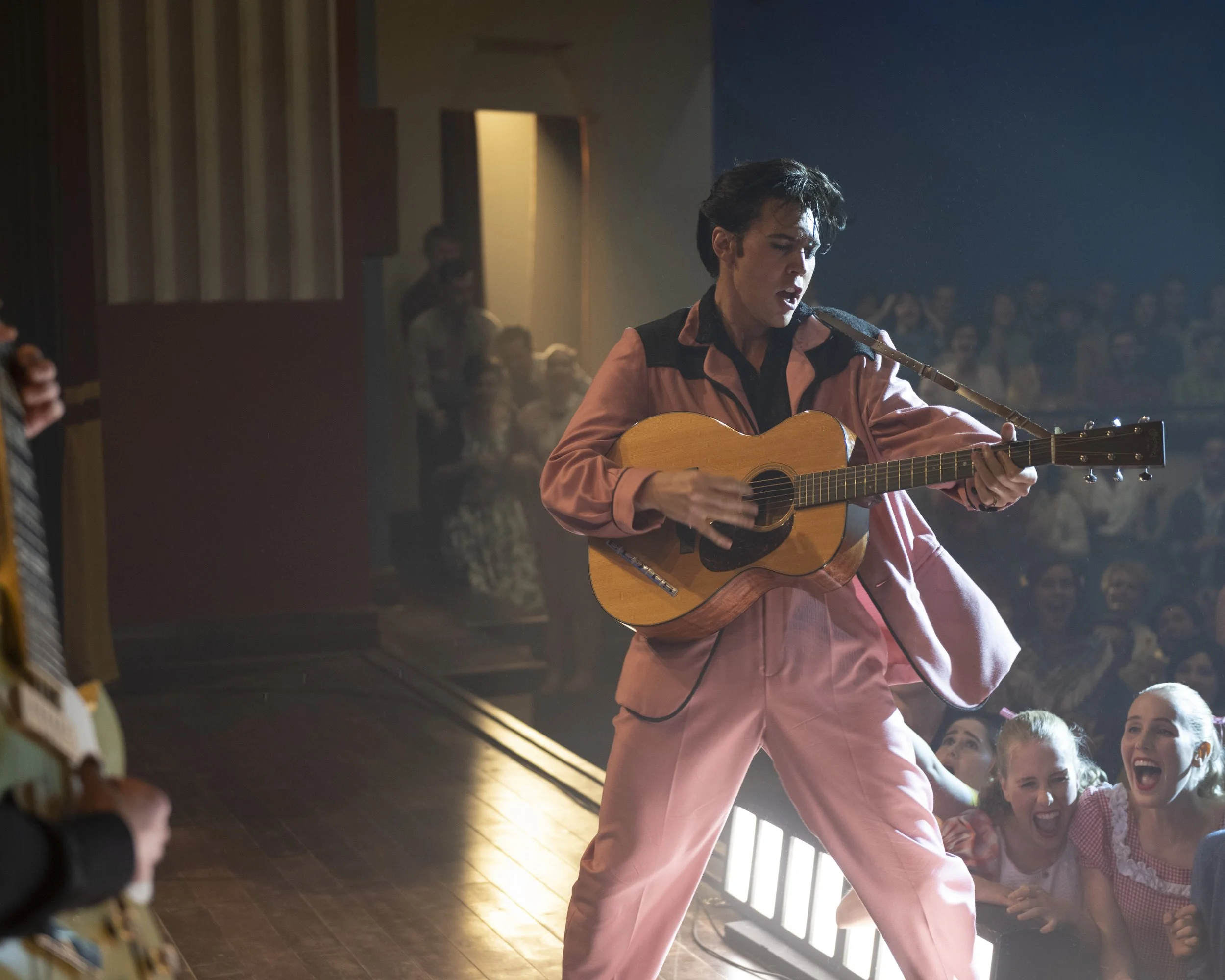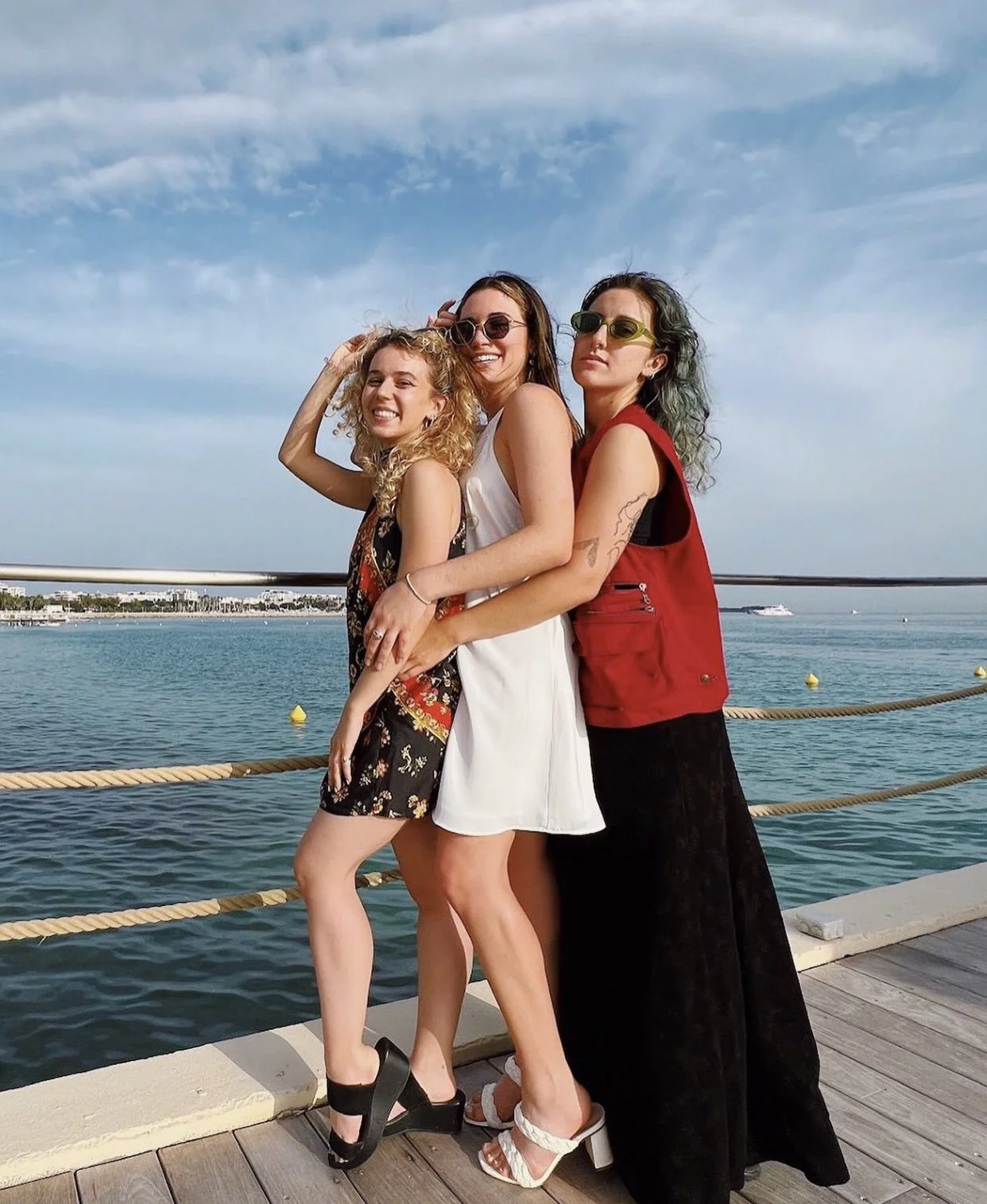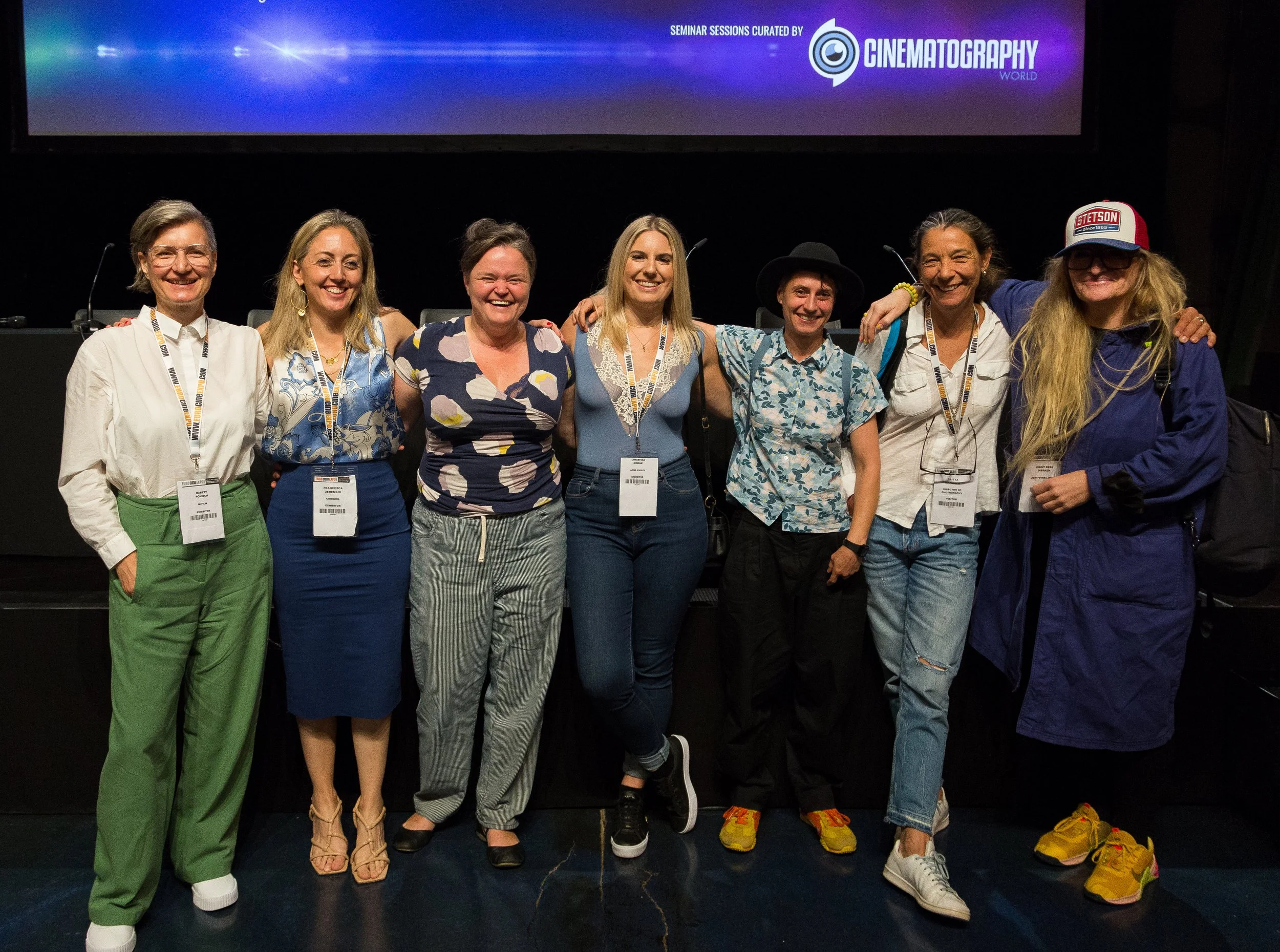‘Elvis’ Cinematographer Mandy Walker, on filmmaking, lifestyle choices and more.
F: What made you say ‘yes’ to ELVIS?
M: It’s my fourth project with Baz, and we have developed such a great collaboration over the years, from Australia to the Chanel short films. I love working with him and he is a true visionary. When I got the script I was extremely excited, it’s a great story. His imagination always inspires me, so of course, I said ‘yes’ immediately.
F: Any particular aspects of this project that you found challenging?
M: It was challenging. It was an undertaking to represent his life on screen over all these periods (60s-70s). The film is also about his influence on American culture and his experience through the different periods of American culture. Also showing his life story, coming from a very poor town and the music that influenced him. From the pentacostal church, Beal street, and his friendships with B.B. King, Little Richard and Sister Rosetta Tharpe. It’s about how he developed and that interested me too. We had collected amazing references from the different periods and there were a couple of performances that we selected: the 1968 NBC special and That’s the Way It Is - a documentary of Elvis when he first went to Vegas. So, we spent a lot of time in prep just doing meticulous preparation. I was also looking up stills photographers from the periods. Baz and his wife had already been working on it for years and they already had a look-book of references and ideas for sets and locations, so we had a really long prep. And in that time I gathered together - what I think was photographically and technically relevant. And then you blend everything together to create the visual language of the film, made of camera angles, lighting, colours, set designs, costumes, make up, so all the texture is very well planned. Many rehearsals before we started shooting. A lot of prep.
F: You’ve managed to grow your career through commercials, music videos, documentaries and drama - how did you navigate this?
M: I started as a runner when I was 18 and then worked my way up the camera department. The main reason I wanted to be a Cinematographer, was because I had a profound passion for cinema and photography. I also started doing documentaries and I think they taught me to work with no control. Because, when you are shooting a drama, you have a lot more control with lighting, scenes, etc. but with documentaries you really have to think on the fly. I shot a documentary, on film, in Vietnam and never saw any dailies and it taught me how to expose. I learned how to work from my gut reaction. Because you cannot plan, you have to think very quickly - how to compose and work with unpredictable lighting. I always wanted to do drama but I also continued working on commercials, because I think it’s an opportunity to work with a lot of different Directors, enabling you to test and try things out.
F: Lots of talk about ‘change’ and ‘representation’ in front and behind the screen- what are your views on this?
M: It has changed a lot. When I first started it was me and another woman in the camera department, in Australia. I think it was good for me to work my way up, because each step of the way, I really did have to prove myself. I did have to work harder than the men - and I had to be great. You couldn’t just be ‘good’ at your job, I always felt like I was being judged when I was growing up in the industry. But I did not take it on as an issue. I also found a lot of people that supported me along the way. I make it a personal effort now to have a diverse group of people in my crew. But again, if I cannot find someone who is experienced or available for a job, I will find someone under that who I can train and needs a step-up and feel they have potential. People are consciously trying now and there is a lot of support to train and step-up.
F: A strong career, with a solid body of work like yours, did it come with sacrifices? How did you navigate your lifestyle and parenting?
M: My career is really important to me. I never took it on as a problem. And then when I decided to try and have a child, my mum said something to me “You don’t have to change your life. A child is coming into your life and they will adapt to what your life is”. And this was true. I was very lucky, because my husband decided to be a full-time dad. We would go away on jobs together, until my daughter was around ten years old, then my family would join me during the school holidays. It's hard, but I also made sure that when I had time off I gave it to them and I would be there one hundred percent. These are the things you have to be prepared to do, it’s hard, but it’s worth it. I have a fantastic relationship with my daughter and my husband. My husband and I would talk, discuss and plan things ahead of my jobs away from home and we would make it work. That is a very important part of having a family. I am not going to let being a woman change how I will be. You make it work.
F: And if you weren’t a Cinematographer, what would you be doing instead..?
M: A Stills Photographer, because they are also storytellers.
Photography courtesy of ELVIS









